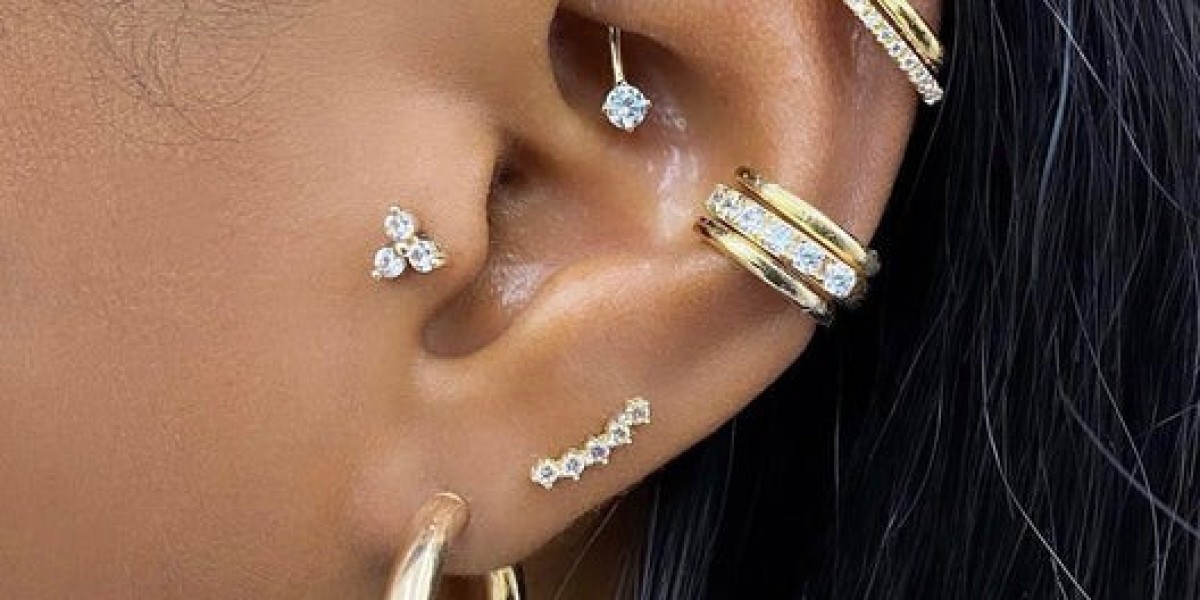Introduction
Piercings have been a part of human culture for thousands of years, serving various purposes from self-expression to spiritual rituals. But why exactly do people get piercings? It's a fascinating blend of historical significance, cultural practices, personal identity, and modern trends. Let's dive into the multifaceted reasons behind this enduring practice.
Historical Context
Piercings are not just a contemporary trend; they have deep historical roots. Ancient civilizations like the Egyptians, Greeks, and Romans adorned themselves with piercings. These piercings often symbolized status, wealth, and beauty. Over the centuries, the practice evolved, but the underlying reasons remained just as significant.
Cultural Significance
In many tribal and indigenous cultures, piercings are more than mere decoration. They carry profound cultural significance. For instance, the Maasai of Kenya use ear piercings as a rite of passage, while in some Native American tribes, piercings are part of spiritual ceremonies. In modern times, cultural influences continue to shape piercing trends, blending tradition with contemporary styles.
Self-Expression and Identity
One of the most compelling reasons people get piercings today is self-expression. A piercing can be a powerful statement of individuality, allowing people to showcase their unique style and personality. It’s a form of body art that says, "This is who I am."
Aesthetic Appeal
Fashion trends come and go, but piercings remain a timeless way to enhance one's aesthetic appeal. From dainty ear studs to bold nose rings, piercings complement personal style and add a touch of flair to any look. They can be subtle or striking, depending on the wearer's preference.
Rites of Passage and Tradition
For many, getting a piercing is a rite of passage. It marks significant life events such as adolescence, marriage, or other personal milestones. Cultural and religious traditions also play a role. For example, ear piercing is a common practice in Hindu rituals, often performed during infancy as a protective measure.
Rebellion and Non-Conformity
Piercings have long been associated with rebellion and non-conformity. They can serve as a visual rejection of societal norms and a symbol of counterculture. This rebellious spirit is often seen in punk and alternative communities, where piercings are a badge of honor.
Spiritual and Symbolic Meanings
In some cultures, piercings hold spiritual and symbolic meanings. They are believed to offer protection, bring luck, or connect the individual to the spiritual realm. For instance, in some African cultures, lip and ear piercings are thought to ward off evil spirits.
Body Modification Community
The body modification community is a supportive and inclusive space where people with piercings can connect and share their experiences. Being part of this community provides a sense of belonging and acceptance, reinforcing the decision to get pierced.
Enhancing Sexuality
Certain piercings are chosen for their potential to enhance sexuality and physical sensations. Erotic piercings, such as nipple or genital piercings, are sought after for the heightened sensitivity and pleasure they can provide.
Medical and Therapeutic Reasons
Did you know piercings can have therapeutic benefits? Practices like acupuncture have long used ear piercings to stimulate pressure points that can alleviate pain and promote healing. Some people get piercings to manage migraines or anxiety, turning this ancient practice into a modern health tool.
Celebrity and Media Influence
The influence of celebrities and media cannot be underestimated. Public figures often set trends, and their fans follow suit. When a beloved celebrity sports a new piercing, it sparks a wave of interest and adoption among their followers.
Personal Stories and Experiences
Behind every piercing is a personal story. Whether it’s a way to commemorate a significant event, overcome a challenge, or simply mark a new beginning, these stories add depth and meaning to the act of getting pierced. Sharing these experiences can be both empowering and therapeutic.
Safety and Aftercare Considerations
While the reasons for getting pierced are varied, safety and aftercare are universal concerns. It's crucial to choose a professional piercer to minimize risks and ensure proper healing. Following aftercare instructions diligently helps prevent infections and promotes a smooth recovery process.
Conclusion
In conclusion, people get piercings for a multitude of reasons, ranging from self-expression and aesthetic appeal to cultural traditions and personal milestones. Whatever the motivation, piercings are a unique and meaningful way to adorn the body. They tell a story, convey identity, and connect individuals to a larger community. So, the next time you see someone with a piercing, remember there's likely more to it than meets the eye.


